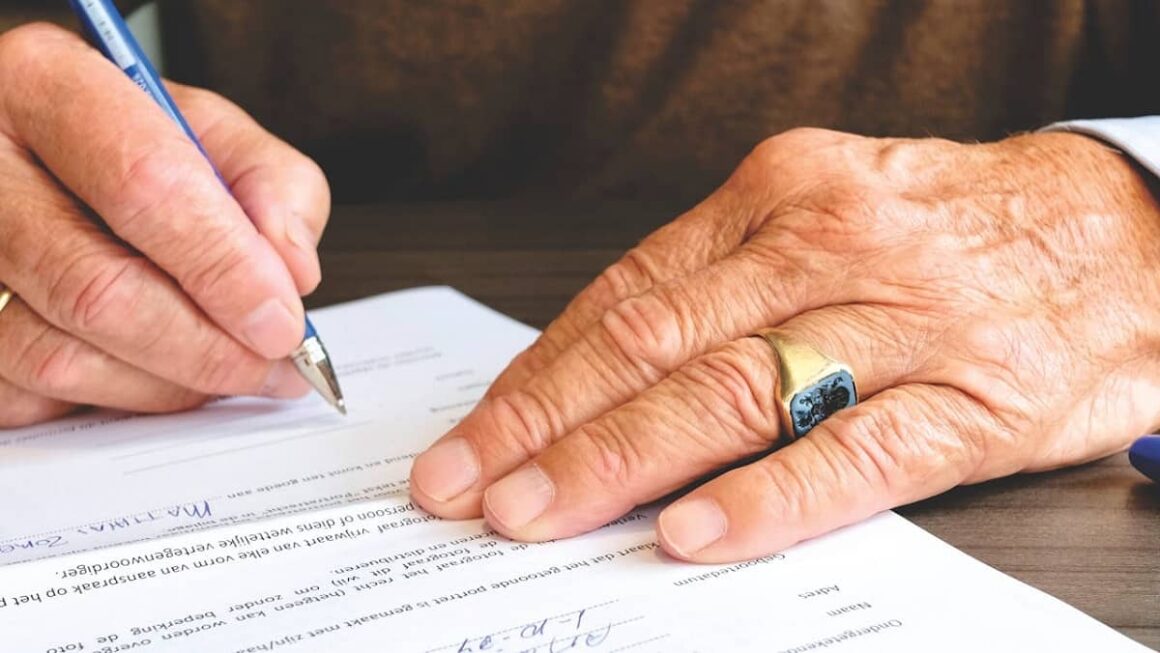Traveling can be an exhilarating experience, but it’s also a prime time for scammers to strike.
Here are 12 signs that you might be about to fall for a travel scam, so you can stay vigilant and keep your trip on track.
1. The Deal Seems Too Good to Be True

We’ve all been tempted by a “dream vacation” for less than the price of a fancy dinner. But remember, if it sounds like you’re getting a five-star experience for two-star prices, it’s probably a mirage.
Scammers know that everyone’s got a soft spot for bargains, so they bait the trap with ridiculously low prices. Always double-check the details and compare them with other offers.
2. Pressure to Act Quickly

“Book now, or lose this once-in-a-lifetime deal!”—classic scammer talk. They love playing the urgency card, making you feel like you’ll miss out on the deal of a century if you don’t act fast. Legit travel deals are like good cheese—they need time to age well.
So, take a breath, do your homework, and if it still seems legit, then go for it.
3. Unsolicited Offers or Contact

Out of the blue, you get an email offering a luxurious cruise for pennies? Yeah, no. If you didn’t sign up for it, there’s a good chance someone’s fishing for your data.
Legit travel deals don’t just fall into your lap—they usually come from trusted sources or require a little effort to find.
4. Requests for Personal Information

Ever been asked for your Social Security number when booking a trip?
Red flag!
Your grandma’s apple pie recipe is less of a secret than the info these scammers ask for. Keep your data close, and if a “deal” demands it upfront, it’s time to bail.
5. Payment Requested Through Unusual Methods

“Send payment via gift cards or cryptocurrency.” Say what? These are the preferred tools of scammers because they’re nearly impossible to trace. Stick to credit cards or other secure payment methods that offer protection against fraud.
6. Vague or Inconsistent Details

Booked a room with “ocean views” but end up overlooking a parking lot? Scammers thrive on being vague. If details about your trip are as clear as mud, that’s a problem. Real deals come with real, consistent details—no sudden changes or mysterious omissions.
7. Poor Grammar or Spelling in Communications

Did the email promise “a amzing expereince”? Yikes. Typos are more than just annoying—they’re often the hallmark of scammy operations. Professional companies usually have editors to keep things looking sharp, so sloppy language is a big red flag.
8. Unverifiable Credentials or Affiliations

They say they’re “partners with a major airline” but can’t say which one? That’s like saying you’re besties with a celebrity but never naming names. Always verify credentials through independent sources. If you can’t find them on Google, they might as well not exist.
9. Reluctance to Provide Written Information

“Trust us, everything’s great!” isn’t good enough. Real businesses love to put things in writing because it builds trust. Scammers, on the other hand, prefer keeping things vague and verbal. Always get everything in writing—emails, receipts, contracts—you name it.
10. Promises of Guaranteed Returns or No Risk

In the world of travel, nothing is guaranteed except maybe a bad case of jet lag. If someone promises you a “risk-free” investment or guaranteed returns, it’s time to run. Real travel always has a bit of unpredictability—it’s part of the adventure!
11. Pressure to Keep the Deal Secret

Ever heard, “Don’t tell anyone else about this special deal”? That’s a scammer’s way of keeping you isolated. Legit deals don’t require secrecy; in fact, they thrive on word-of-mouth. Always consult with friends or family before making any commitments.
12. Unsolicited Help or Friendly Strangers

Overly helpful locals who seem to pop up exactly when you need them? Could be a coincidence, but more likely, they’re setting you up for a scam. Whether it’s offering a taxi ride at triple the rate or guiding you to a “special” store, always trust your gut and be cautious.
Remember, staying informed and trusting your instincts can help you avoid falling victim to travel scams.
If something feels off, it’s best to step back and reassess the situation. Safe travels!

